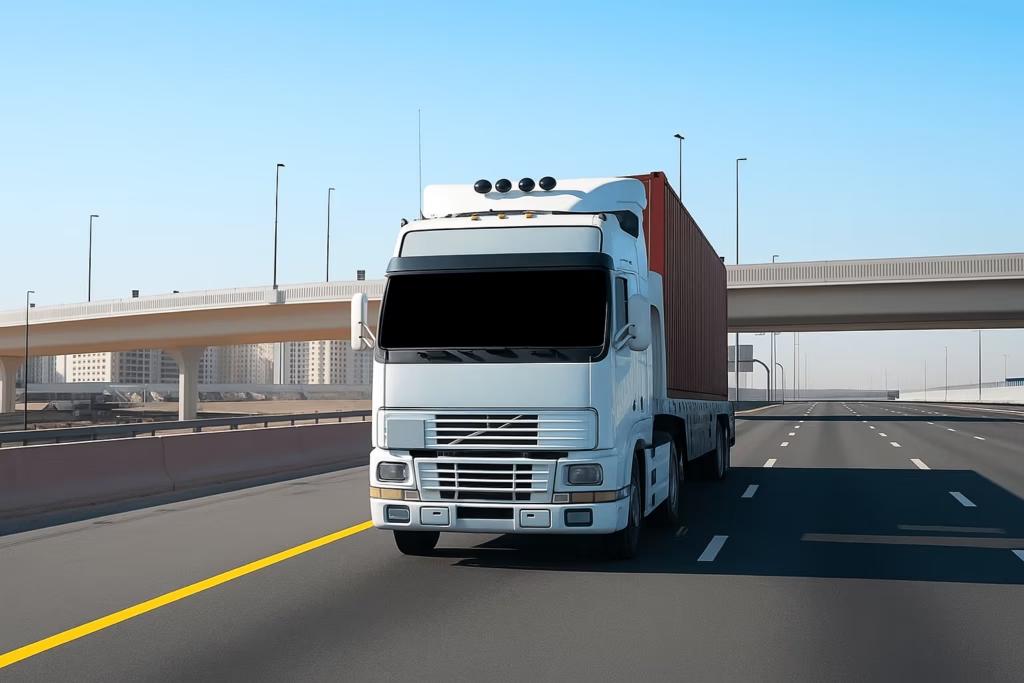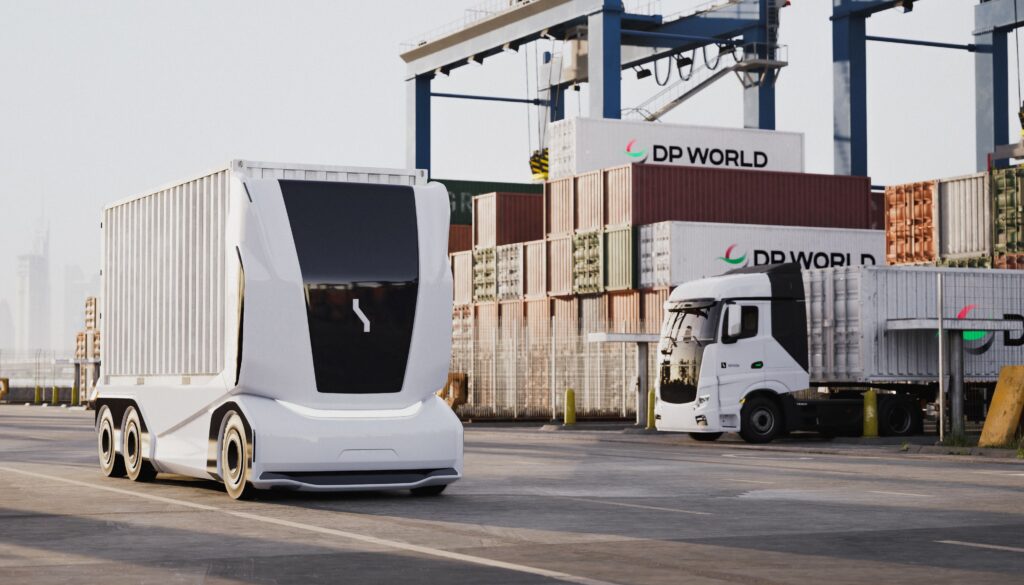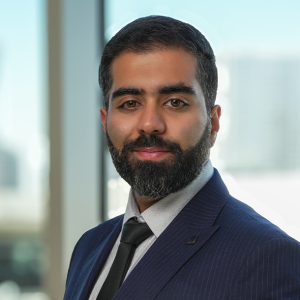Dubai’s Bold Move Towards Autonomous Heavy Vehicles
Dubai has taken a major step into the future by adopting a comprehensive regulatory framework for autonomous heavy vehicles. This initiative is set to redefine logistics and commercial transport, positioning the emirate as a global leader in smart mobility.
The new regulations cover every aspect of autonomous vehicle operations, including licensing, technology requirements, safety standards, and trial assessments. The framework ensures that these vehicles operate safely while maximizing efficiency and sustainability.
Key Objectives of the Framework
The regulatory framework was designed to achieve multiple goals:

- Ensure road safety for all users
- Support logistics sector efficiency
- Promote sustainable transport solutions
- Encourage investment in autonomous vehicle technology
By aligning these objectives, Dubai aims to create a future-ready transport ecosystem that balances innovation with safety and reliability.
Strategic Pilot Routes in Dubai
The pilot phase identifies five critical routes for initial autonomous operations:

- Jebel Ali Port
- Al Maktoum International Airport
- Jebel Ali Port Rail Freight Terminal
- Dubai Investments Park
- Ibn Battuta Mall
Certain routes will operate with a safety driver on board, while others will test full driverless functionality. The trials will be closely monitored to assess performance, safety, and operational efficiency.

Vision for Dubai’s Smart Mobility
Mattar Al Tayer, Director General of Dubai’s Roads and Transport Authority, emphasizes that this framework is central to Dubai’s Smart Self-Driving Transport Strategy. By 2030, the goal is for autonomous vehicles to account for 25% of total mobility journeys in the city.
This vision supports Dubai’s commitment to adopting future technologies, fostering innovation, and creating sustainable mobility solutions that reduce carbon emissions and improve efficiency.
Boosting the Logistics Sector
The commercial and land logistics sector in Dubai is crucial, with over 61,000 heavy vehicles operating in the emirate. By integrating autonomous technologies, the framework aims to:
- Improve operational efficiency
- Reduce carbon emissions
- Enhance road safety
- Strengthen Dubai’s competitive edge in regional and global logistics
The Dubai Commercial and Logistics Land Transport Strategy 2030 outlines ambitious goals, including doubling the sector’s economic contribution, increasing technology adoption, and improving operational efficiency.
Advanced Infrastructure and Readiness
Dubai is uniquely prepared to adopt autonomous transport, thanks to:
- Advanced urban infrastructure
- Adoption of international safety standards
- State-of-the-art communication networks
- Supportive regulatory environment
These factors create a conducive environment for seamless integration of autonomous heavy vehicles into the city’s transport ecosystem.

Public-Private Collaboration
The framework was developed through collaboration between Dubai’s Roads and Transport Authority and strategic partners from private companies, logistics distributors, and retailers. This collaborative approach ensures that the regulations reflect industry needs while maintaining high safety and technological standards.
Digital Transformation in Logistics: Logisty Platform
As part of this initiative, Dubai launched ‘Logisty,’ a digital logistics platform. Logisty provides:
- Fleet management and tracking
- On-demand commercial transport services
- Streamlined booking for businesses and customers
This platform enhances operational efficiency and strengthens Dubai’s position as a leading logistics hub in the region.
Environmental and Economic Impact
The adoption of autonomous heavy vehicles is expected to significantly reduce carbon emissions, contributing to Dubai’s sustainability targets. Additionally, improved operational efficiency and reduced transportation costs will create positive economic outcomes, boosting the commercial logistics sector’s contribution to the emirate’s economy.
Challenges and Safety Measures
While autonomous vehicles promise numerous benefits, safety remains a top priority. The framework mandates rigorous testing, route monitoring, and compliance with stringent technology standards. Safety drivers will oversee certain trials, ensuring a gradual transition to fully autonomous operations without compromising public safety.
Global Leadership in Autonomous Mobility
Dubai’s proactive approach places it among the world’s most prepared cities for autonomous transport adoption. By combining advanced infrastructure, regulatory support, and innovative technologies, the emirate sets a global example for integrating autonomous heavy vehicles in urban and commercial transport networks.
The Road Ahead
The successful implementation of autonomous heavy vehicles will transform Dubai’s logistics and transport landscape. Businesses, technology providers, and government agencies are expected to collaborate closely during the trial phases, fostering innovation and accelerating the adoption of smart transport solutions.

Dubai’s commitment to autonomous transport reflects a larger vision of a smart, sustainable, and efficient city. As the trials progress, the lessons learned will shape the future of urban logistics, ensuring that Dubai remains at the forefront of technological and commercial innovation.
Conclusion: A Smart Leap Into the Future
With its new regulatory framework, Dubai demonstrates a bold commitment to innovation, sustainability, and efficiency. Autonomous heavy vehicles are not just a technological advancement—they represent a strategic vision for the city’s future mobility, economic growth, and global leadership in smart transportation.
Dubai’s pioneering efforts signal a transformative era in logistics and commercial transport, offering a blueprint for other cities aiming to integrate autonomous technologies while maintaining safety and operational excellence.
Do follow UAE Stories on Instagram
UAE: Is an Employer Liable for a Worker’s Emergency Medical Bills in Dubai?













